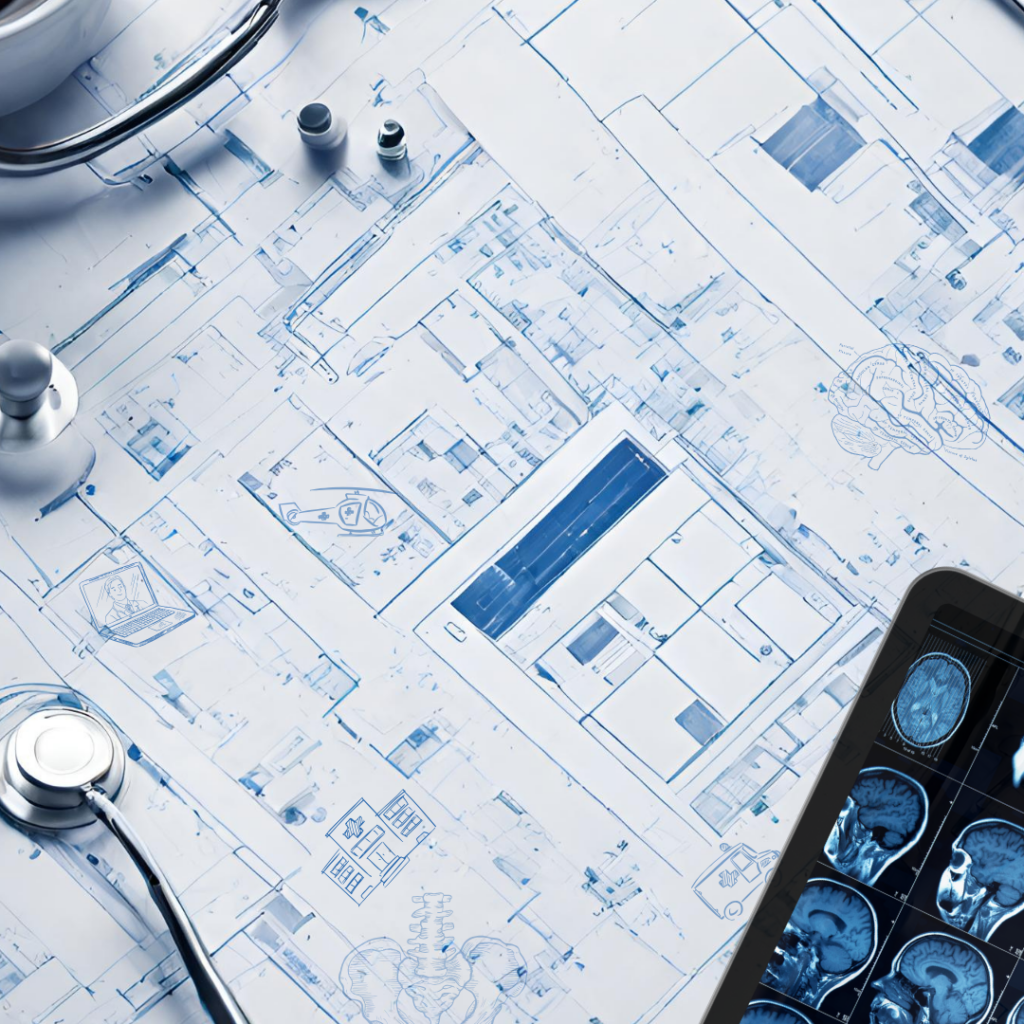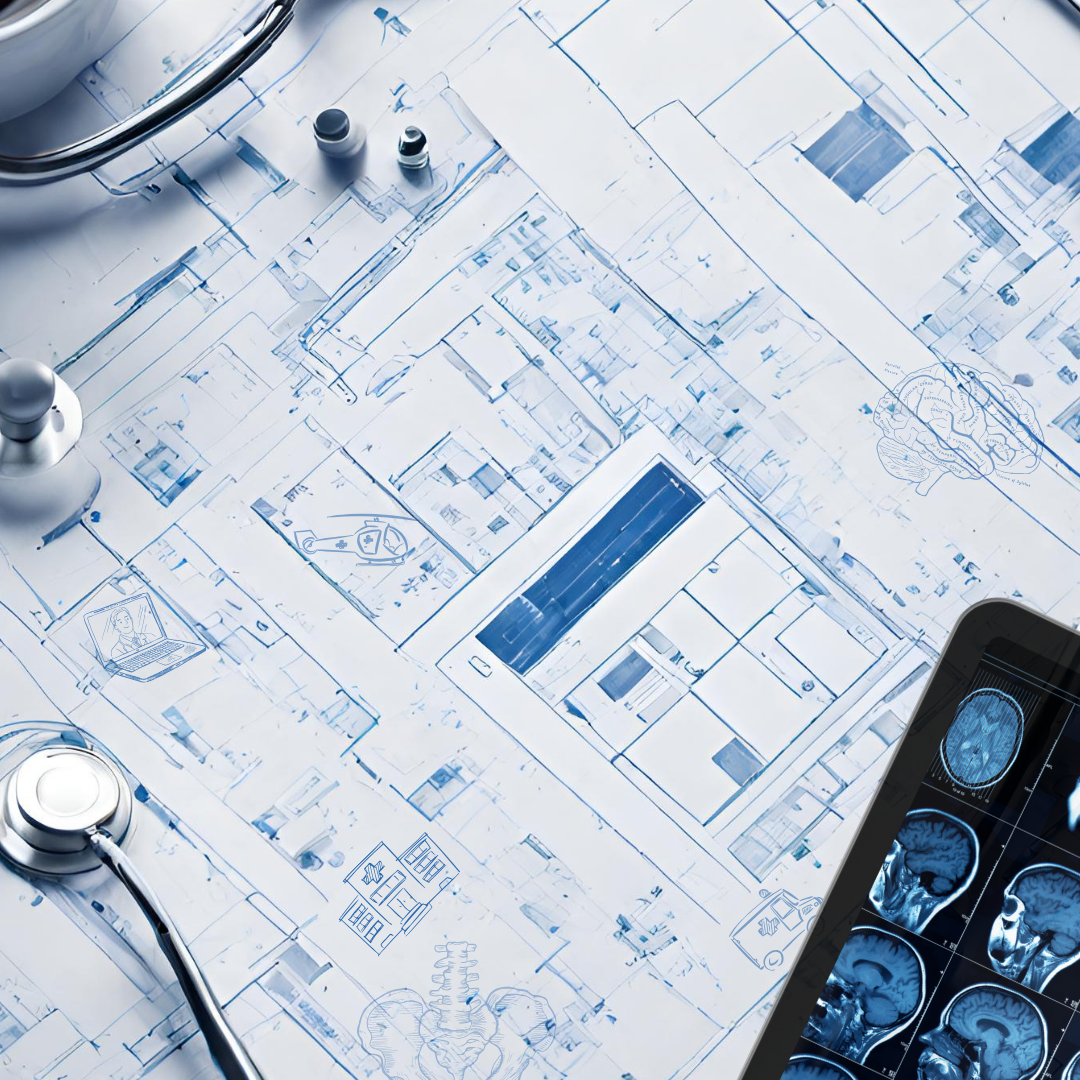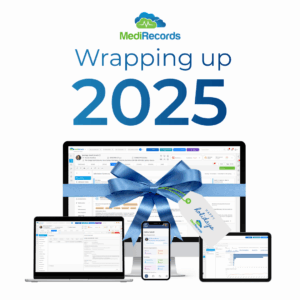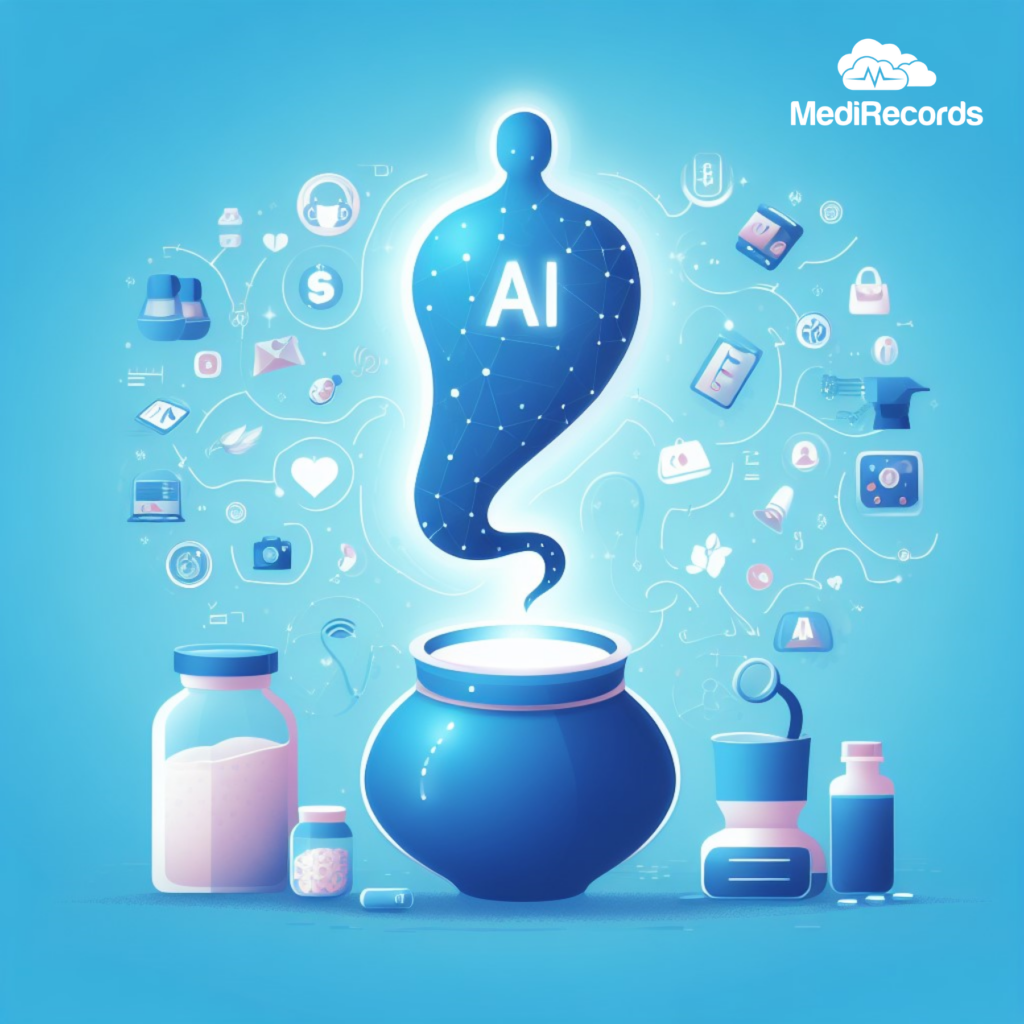January 18, 2024
Federal Government’s digital-health plan puts people first

The Federal Government has launched its 10-year blueprint for digital health investments and initiatives, with a key focus on encouraging Australians to trust in data and enable its innovative use in healthcare.
The much-anticipated blueprint envisions an efficient, person-centred healthcare system underpinned by secure, interoperable data, and responsiveness to emerging technologies.
Digitally enabled collaboration between hospitals, primary care and community providers, including allied health, will ensure information follows patients through the system, the report said.
The Digital Health Blueprint 2023-2033 is accompanied by an Action Plan establishing broad strategies for the coming decade.
The central aim of the blueprint is convenience for consumers whose healthcare journeys will be supported by multidisciplinary teams providing coordinated care. These teams will deliver services underpinned by digital-health technology that enables consumers to make informed decisions about their care.
While eyebrows were raised at the timing of the release of such an important planning document, three days before Christmas, the arrival of the national strategy was welcomed by the Medical Technology Association of Australia (MTAA).
The blueprint states: “Trusted, timely and accessible use of digital and data underpins a personalised and connected health and wellbeing experience for all Australians.”
The action plan sets out a range of initiatives either already started, ongoing or at planning stage. “While each initiative calls upon specific delivery partners, the health software industry should be recognised for its key role in realising many of these,” it says.
The Initiatives include:
- Allied health providers to connect to a beefed-up My Health Record, “building on adoption within general practice and medical specialists”
- Strengthening and expanding ePrescribing, including to public hospitals
- Real-time prescription monitoring
- Electronic medication charts
- Establishing a core national standard — Sparked – Core FHIR standards — for consistent patient health interaction information capture (MediRecords is an active participant in the Sparked community)
- “Digitally empowering” Australia’s healthcare workforce
- Establishing a national eRequesting capability for pathology and diagnostic imaging health services, facilitating electronic clinical-decision support
- National health-information exchange capabilities, requiring agreement between states and territories
- Broadening the range of assistive technologies available for seniors living independently.
MediRecords is uniquely capable of supporting the digital health initiatives. The MediRecords Care platform is designed for use by multidisciplinary teams and for data interoperability. Featuring FHIR and API connectivity, MediRecords is working on a major national project for data sharing across the healthcare spectrum of patients, GPs, allied health providers, specialists and hospitals.







